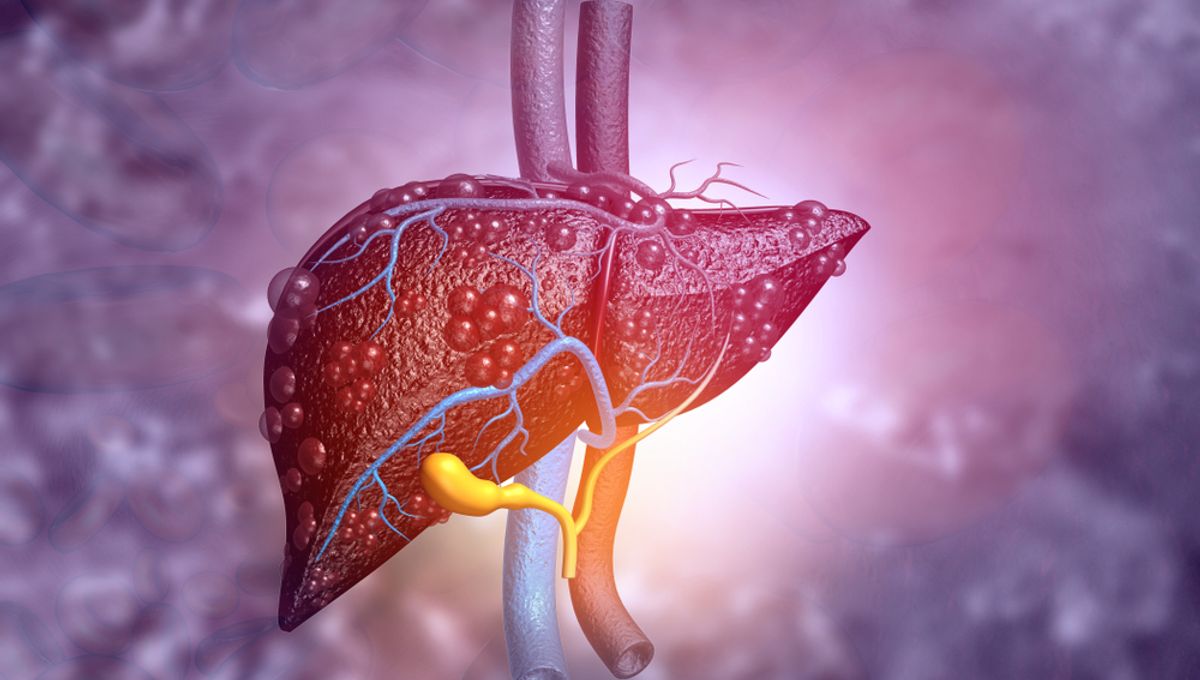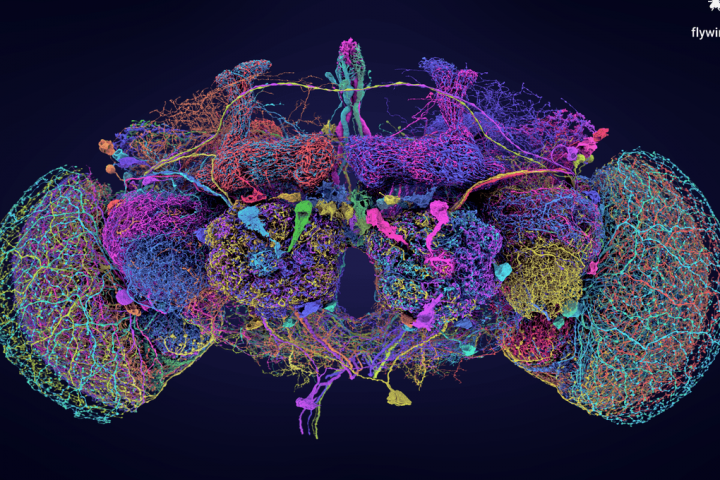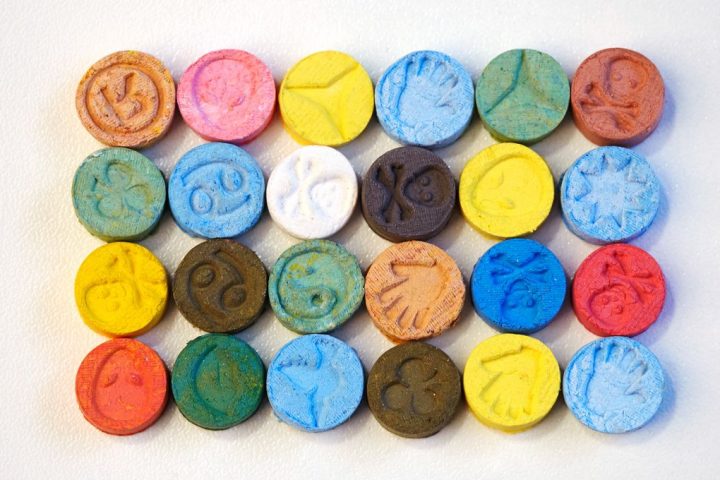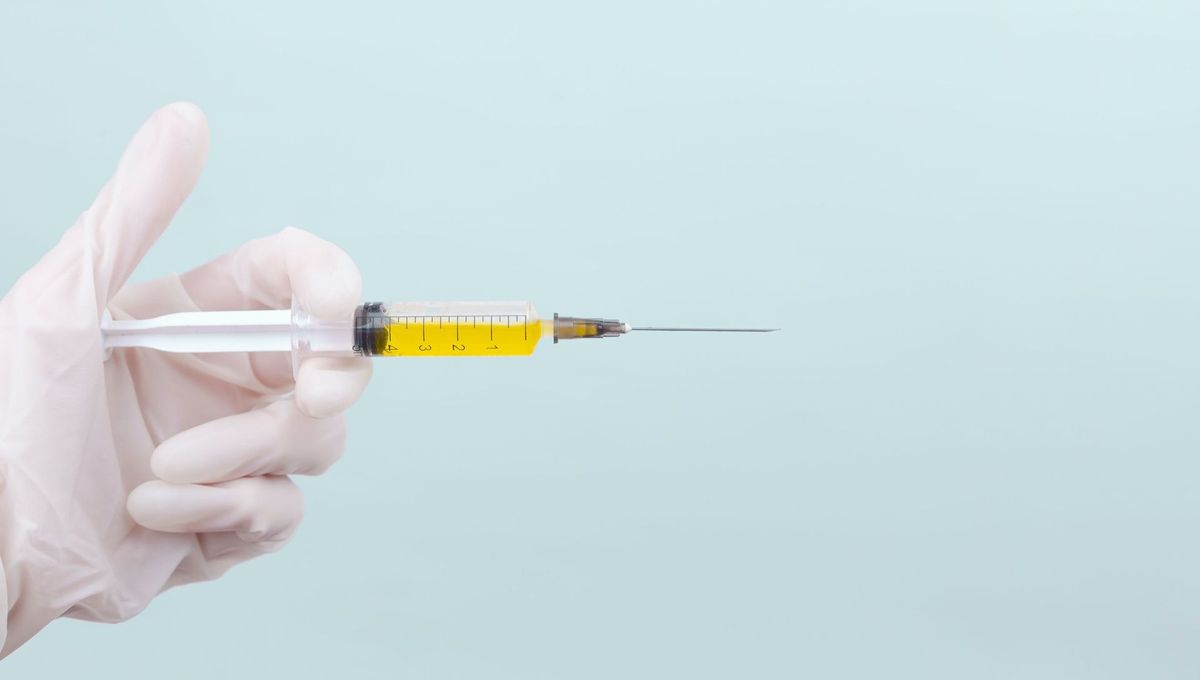If this proves a success, future volunteers will test stronger doses, potentially allowing them to develop up to six “mini livers”, according to MIT Technology Review.
Imagine a groundbreaking approach that could revolutionize organ transplantation. Researchers are injecting cells from donor livers into the lymph nodes of liver disease patients, hoping to stimulate the growth of new organs. While these donated livers may not be suitable for transplantation, they offer a potential life-saving treatment option for recipients. In fact, just one liver could potentially help treat over 75 people, according to estimates by the researchers.
Stem-cell biologist Valerie Gouon-Evans, who was not involved in the research, described the use of discarded organs to help patients as “revolutionary,” in an interview with MIT Technology Review.
Despite the liver’s incredible regenerative potential (did you know that the average liver cell is never over three years old?), there are cases where extensive damage prevents it from recovering. In such instances, transplants become necessary. However, end-stage liver disease patients may not always be eligible for transplants due to their poor health. Even when transplantation is an option, the scarcity of donated livers and their short viability period create a pressing need for an alternative, less invasive approach.
Recently, a biotech company hinted at the possibility of creating synthetic human embryos to harvest transplant organs, drawing on advances made in mice. While this could potentially address the organ donor crisis, it raises ethical concerns. In contrast, the new treatment developed by LyGenesis offers a less controversial option. The team has achieved promising results in animal studies and aims to replicate these findings in an upcoming human trial. In one study involving pigs, liver cells were grown in their lymph nodes to compensate for the damaged liver.
“Over time, the lymph node disappears entirely, and what you’re left with is a highly vascularized miniature liver that is supporting the function of the native liver by helping to filter the animal’s blood supply,” explained LyGenesis co-founder Michael Hufford to MIT Technology Review. “That’s precisely what we’re seeking to do now in humans.”
The treatment will be trialed in 12 adults with end-stage liver disease. The first participant will receive around 50 million liver cells, with subsequent participants receiving up to 250 million cells, enough to yield five mini livers. Each participant will be closely studied for a year after the injection and will need to take immunosuppressant drugs for the rest of their lives to prevent rejection of the new mini livers.
We eagerly await the results of this trial, which is expected to conclude in approximately two years. The researchers remain hopeful about the potential of this groundbreaking program.
[H/T: MIT Technology Review]








